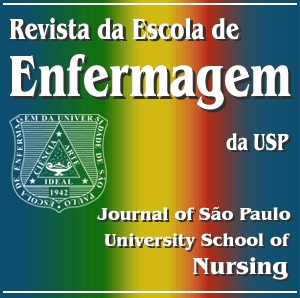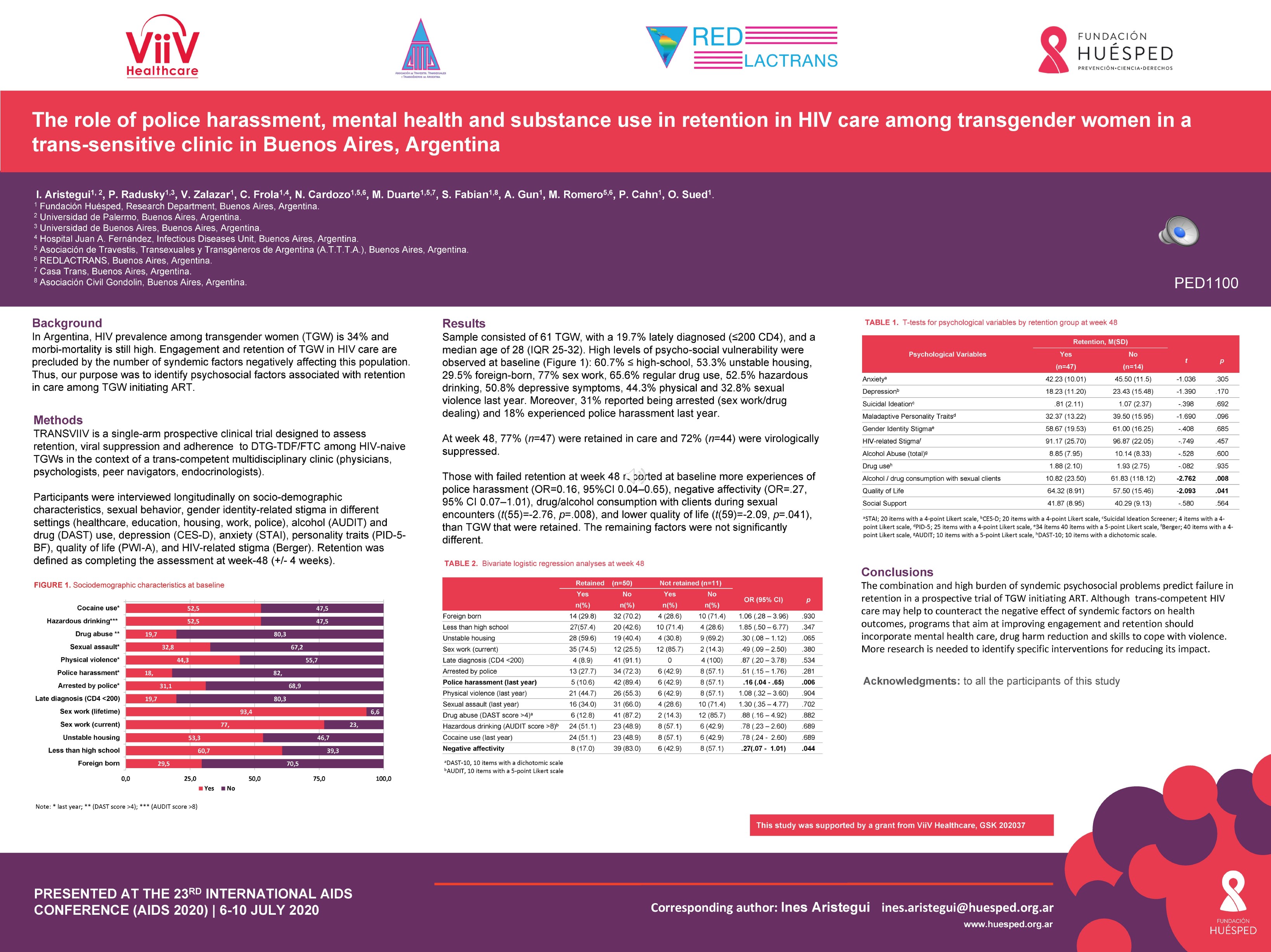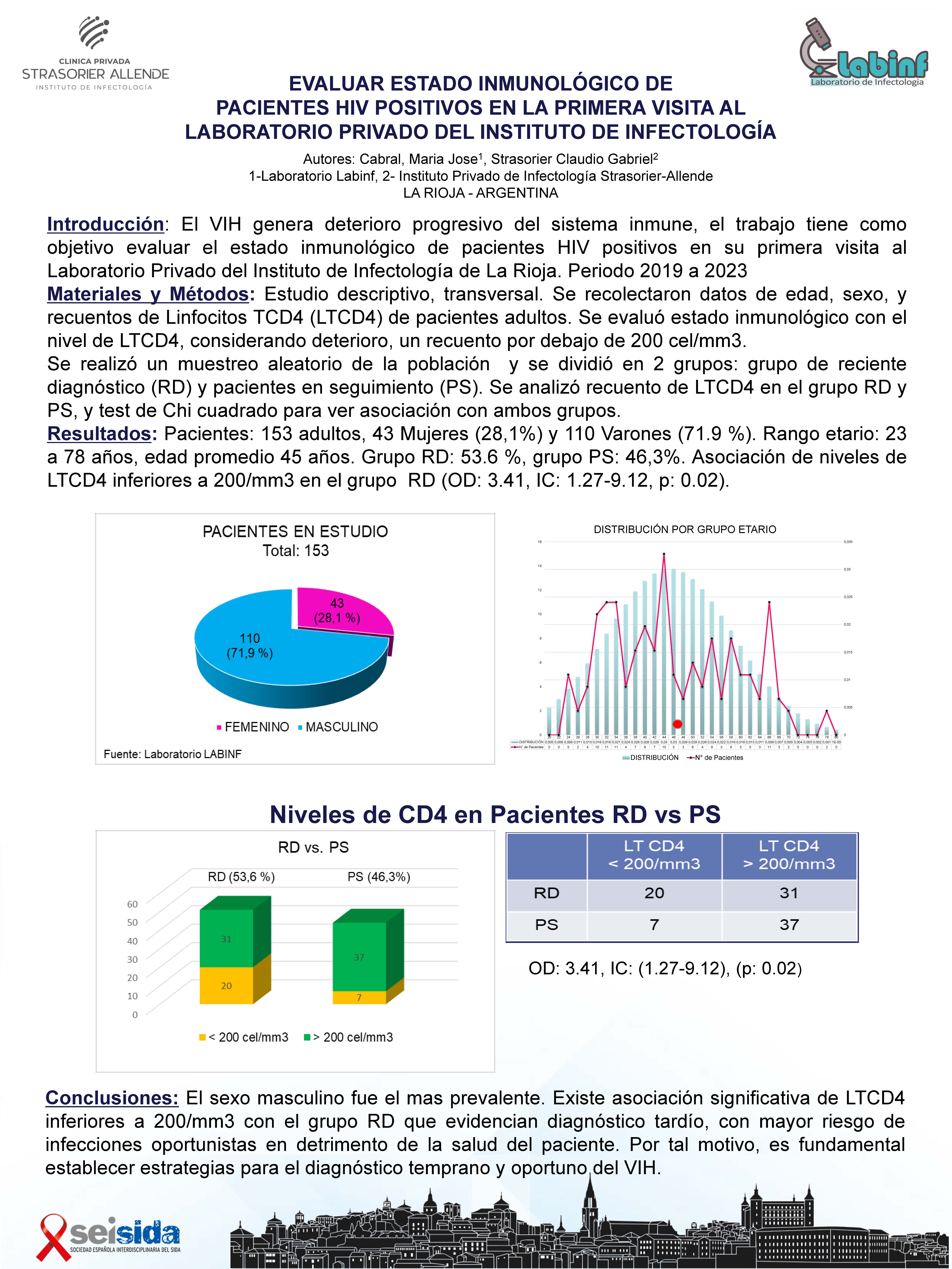Resumen
Background: In Argentina, HIV morbidity and mortality is still high among transgender women (TGW). Previous studies describe that syndemic factors act as barriers to access health services. Our objective was to identify psycho-social factors associated with retention in care in treatment-naive TGW in a clinical trial. Methods: Naive TGWs were offered to start ART in a trans-sensitive health-care service. All participants initiated Dolutegravir plus TDF-FTC. Psychosocial interviews were applied longitudinally. The questionnaire collected data regarding socio-demographic characteristics, alcohol and drug use, depression, anxiety, personality traits, HIV-related stigma, sexual behavior, interactions with police, healthcare access, housing, education, work, and experiences of stigma and discrimination in these settings. Relevant variables in this analysis were: Retention (completing assessment week-24, +/- 1 month), gender identity-related police harassment (detained longer, threatened, beaten or sexually abused by policemen last year), subscale alcohol-related problems (AUDIT), substantial and severe drug abuse (DAST score >6).
Results: The sample included 61 TGW, median age 28 (IQR 25- 32), 19.7% had less than 200 CD4 at screening. At week 24, 82% (n=50) were retained in treatment and 77.6% were virologically suppressed. Baseline characteristics showed high levels of vulnerability: 60.7% less than high-school education, 53.3% unstable housing, 29.5% foreign born, 77% sex work, 65.6% regular drug use and 32.8% suffered sexual abuse in the last year. Moreover, 31% reported being arrested and 18% experienced police harassment last year. The only factors significantly associated with failure of retention but not with virological failure were: police harassment (OR=0.16, 95%CI 0.03-0.71), alcohol-related problems (t(46)=-2.43,p=.019), drug/alcohol consumption with clients during sexual encounters (t(56)=-3.26, p=.002), and drug abuse (OR=0.07, 95% CI 0.01-0.76). Conclusions: Trans-competent health care provides a safe space for vulnerable TGW to access health services and may counteract the negative effect of previous discriminatory experiences in health settings. Nevertheless, the contextual risk environment where TGW live, work and socialize, with high exposure to violence, drugs, and discrimination and stigma may jeopardize ART expansion in this population. Future clinical research and interventions targeting this group should consider self-empowerment, drug harm-reduction and address structural-discrimination of TGW in order to improve their retention in HIV healthcare.
Autoría:
ARISTEGUI, Inés;
RADUSKY, Pablo David;
ZALAZAR, Virginia;
FROLA, Claudia E.;
CARDOZO, Nadir F.;
DUARTE, Mariana;
FABIÁN, Solange;
GUN, Ana;
CAHN, Pedro;
SUED, Omar






